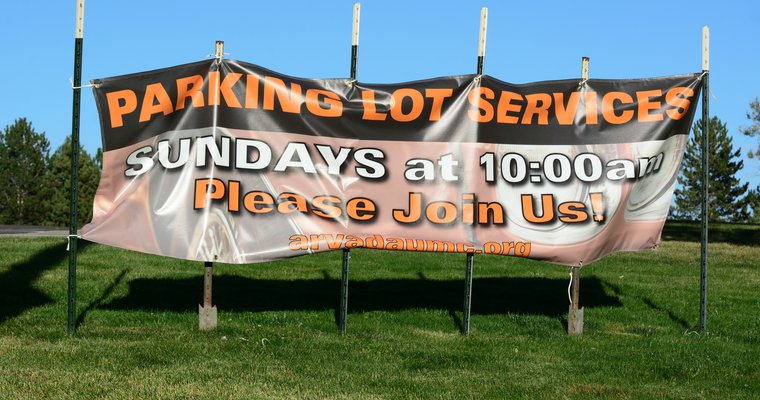Racial healing or reopening? How to do both well
 iStock
iStock
 ChatGPT
ChatGPTThe following is based on a ReclaimedLeader.com interview by Jason Tucker and Jesse Skiffington.
We're in a significant cultural moment in our country.
I have been taken aback by how two crises happened at the same time. First there was the pandemic. Then on top of that was the call for racial justice and healing. However, I noticed that usually researchers/writers wrote on one topic or the other. But I thought, they are inextricably connected. Leaders are talking about reopening their churches with new safety protocols. But we should also be talking about reopening our churches with new intercultural protocols too.
But what we're not doing yet is addressing the racial divide in North America. If we are going to reopen with a changed church, let's change more than the cleanliness. Let's begin to clean our hearts and souls from racial division.
In fact, the Apostle Paul tells us we've been given the ministry of reconciliation (2 Cor. 5:11-21). He describes this ministry of reconciliation as between God and people AND between people and one other.
Paul was reaching out to the Gentiles. And they were the persecutors of the Jews. The Jews had a lot of qualms about reaching out to the Gentiles. These were their enemies, the occupiers of the Jewish homeland who abused and killed innocent people because of racial hatred. And Paul is reaching out to them and seeing Christ change them! He sees the Church as bringing divergent groups together while also bringing we who are estranged from God, back to God.
Look at how Paul describes it in the contemporary language of The Message Bible:
Our firm decision is to work from this focused center: One man died for everyone. That puts everyone in the same boat. He included everyone in his death so that everyone could also be included in his life, a resurrection life, a far better life than people ever lived on their own. Because of this decision we don't evaluate people by what they have or how they look. We looked at the Messiah that way once and got it all wrong, as you know. We certainly don't look at him that way anymore. Now we look inside, and what we see is that anyone united with the Messiah gets a fresh start, is created new. The old life is gone; a new life burgeons! Look at it! All this comes from the God who settled the relationship between us and him, and then called us to settle our relationships with each other. God put the world square with himself through the Messiah, giving the world a fresh start by offering forgiveness of sins. God has given us the task of telling everyone what he is doing. We're Christ's representatives. God uses us to persuade men and women to drop their differences and enter into God's work of making things right between them. We're speaking for Christ himself now: Become friends with God; he's already a friend with you. —1 Cor. 5:14-20
You can see in Paul's statement that this is both a spiritual reconciliation and a human reconciliation. Notice Paul says, "God who settled the relationship between us and him, and then called us to settle our relationships with each other."
Some people worry that if we emphasize human-to-human reconciliation, we will forget about spiritual reconciliation (human-to-God). But Paul didn't see it that way. He saw it as all part of the same transforming process. The Message Bible translates the customary phrase "ministry of reconciliation" as "settled the relationship between us and him, and then called us to settle our relationships with each other."
But, reading Paul's words from the New International Version reminds us that the "ministry of reconciliation" is a part of every church's ministry:
Therefore, if anyone is in Christ, the new creation has come: The old has gone, the new is here! All this is from God, who reconciled us to himself through Christ and gave us the ministry of reconciliation: that God was reconciling the world to himself in Christ, not counting people's sins against them. And he has committed to us the message of reconciliation. —2 Cor. 5:18-19
The pandemic has affected every church, every church leader and every congregant. But so too have tensions over racial inequality. The church must not focus on one without also addressing the other.
Bob Whitesel (D.Min., Ph.D.) is a foresight coach, professor, and award-winning author of 14 books. For over 30 years, he has guided leaders and churches to pivot and engage what’s next. He holds two earned doctorates from Fuller Theological Seminary and teaches on leadership foresight, church health, and organizational change. His website is www.ChurchForesight.com. Learn More » |
More on Diversity
- Why does the term "social justice" divide so many? (by Chris Bolinger)
- The power of unity: a testament to prayer, worship, and God's Word (by Christopher Beth)
- Being comfortable being different (by Jenni Catron)
- A 3-pronged response to the lawlessness of our age (by Rob Streetman)


